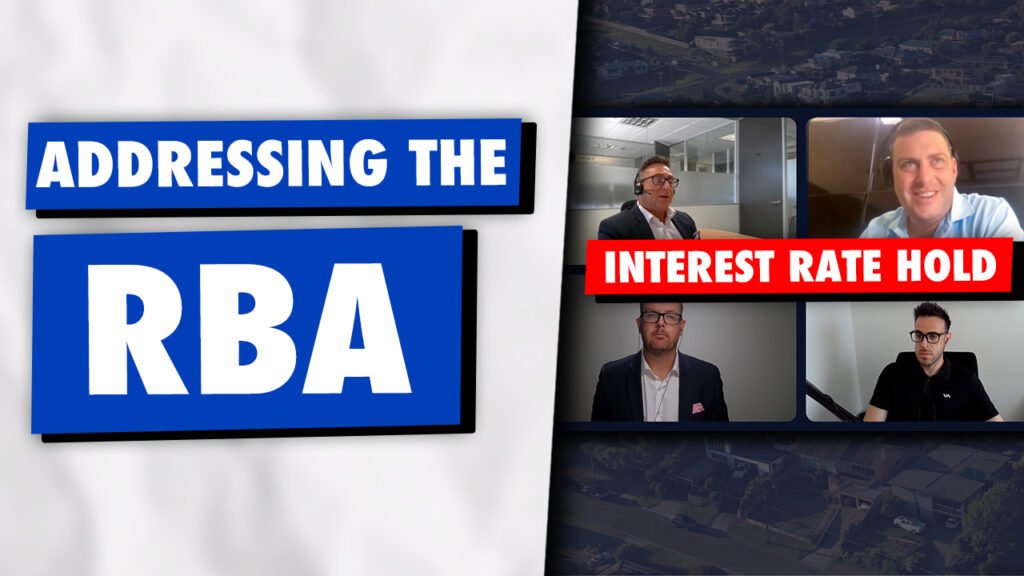When it comes to purchasing a property, one decision you have to make is choosing between a fixed interest vs variable interest rate for your mortgage. Understanding the difference between these two options is essential for making an informed decision. Let’s explore the disparities between fixed and variable interest rates and discuss some key considerations for you to keep in mind.
Fixed Interest Rates:
A fixed interest rate remains constant for a specific period, typically ranging from one to five years. This means that regardless of any fluctuations in the market, your interest rate and monthly mortgage payments will remain unchanged during the fixed term. This stability can provide peace of mind, as you can accurately budget your finances without any surprises.
Advantages of Fixed Interest Rates:
1. Predictable Budgeting:
With a fixed interest rate, you can easily plan your monthly budget, knowing that your mortgage payment will stay the same throughout the fixed term.
2. Protection from Rate Increases:
If interest rates rise during your fixed term, your mortgage rate will remain unaffected, shielding you from potential financial strain.
3. Peace of Mind:
Many borrowers prefer the stability and security offered by a fixed interest rate, especially for first-time buyers or those on a tight budget.
Considerations for Fixed Interest Rates:
1. Limited Flexibility:
While a fixed interest rate provides stability, it also limits your flexibility. If interest rates decrease, you will not benefit from the lower rates unless you refinance your mortgage, which might involve additional costs.
2. Potential Break Costs:
Breaking a fixed-rate mortgage before the term ends may incur break costs or exit fees, which can be substantial. It’s crucial to carefully consider your future plans and the possibility of needing to sell or refinance before committing to a fixed interest rate.
Variable Interest Rates:
A variable interest rate fluctuates based on market conditions, meaning your mortgage payments can increase or decrease over time. The interest rate is generally influenced by factors such as the Reserve Bank of Australia’s decisions, economic conditions, and lender policies.
Advantages of Variable Interest Rates:
1. Potential Cost Savings:
If interest rates decrease, you will benefit from reduced mortgage payments without the need to refinance.
2. Extra Repayment Options:
Variable rate mortgages often allow you to make additional repayments, which can help you pay off your loan faster and save on interest payments.
3. Flexibility:
Variable interest rates offer greater flexibility, allowing you the freedom to refinance or switch to a fixed rate if market conditions change or if you need to adjust your financial strategy.
Considerations for Variable Interest Rates:
1. Uncertainty:
As interest rates can fluctuate, your mortgage payments may increase over time, potentially affecting your monthly budget. It’s essential to consider your ability to handle potential rate increases.
2. Risk of Rate Increases:
If interest rates rise, your mortgage payments will increase, which can impact your overall financial situation. It is crucial to plan for potential rate hikes when opting for a variable interest rate.
As you can see, choosing between a fixed and variable interest rate for your loan is a significant decision. While fixed rates offer stability and predictability, variable rates provide flexibility and the potential for cost savings. Ultimately, the right choice depends on your financial goals, risk tolerance, and future plans. Consulting with your Investment Lending Manager at ALIC can help you evaluate your options and make an informed decision that aligns with your circumstances.
Please reach out to me on 044 9266 031 or helen.connick@alic.com.au for a confidential chat about building your wealth through property investment.






